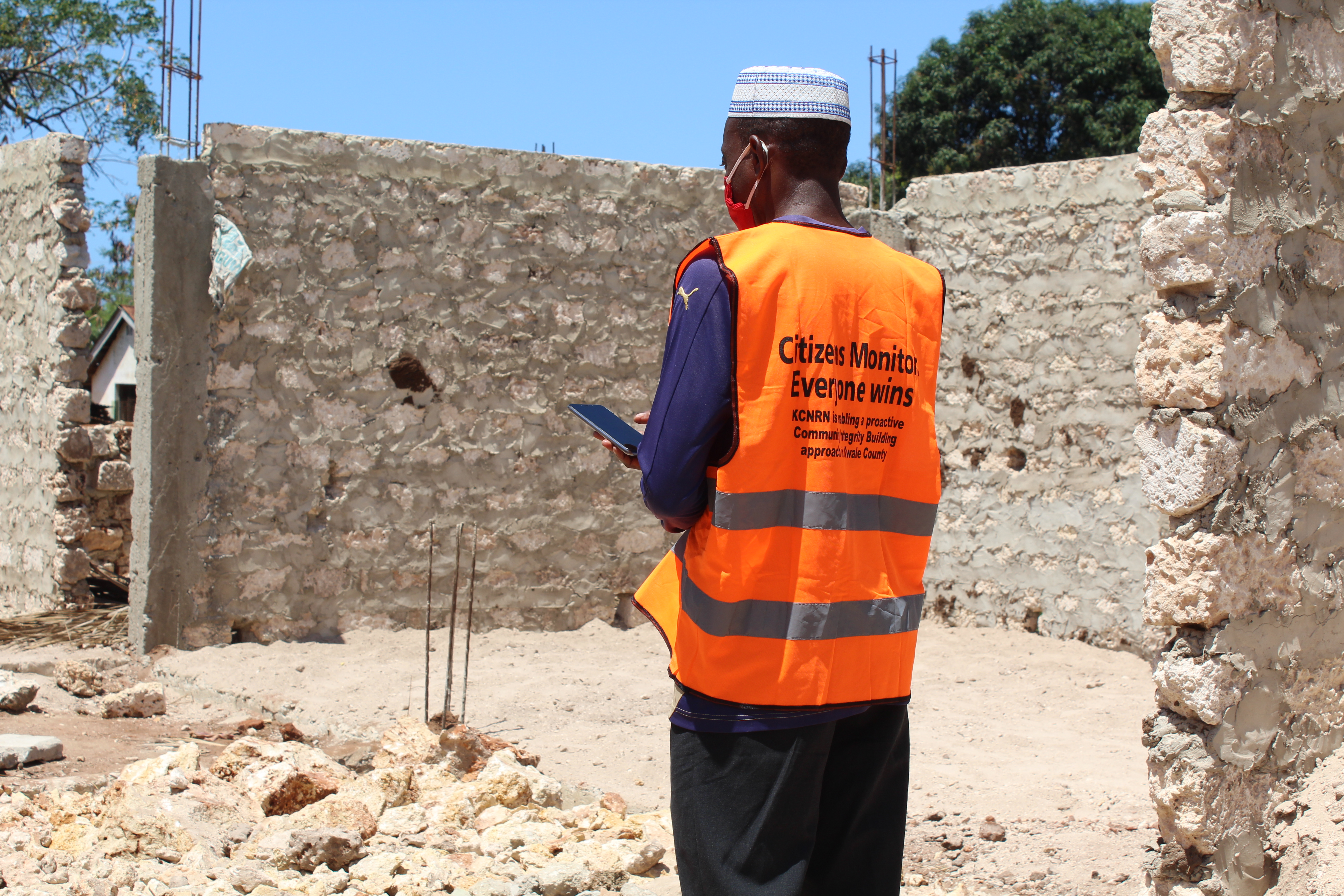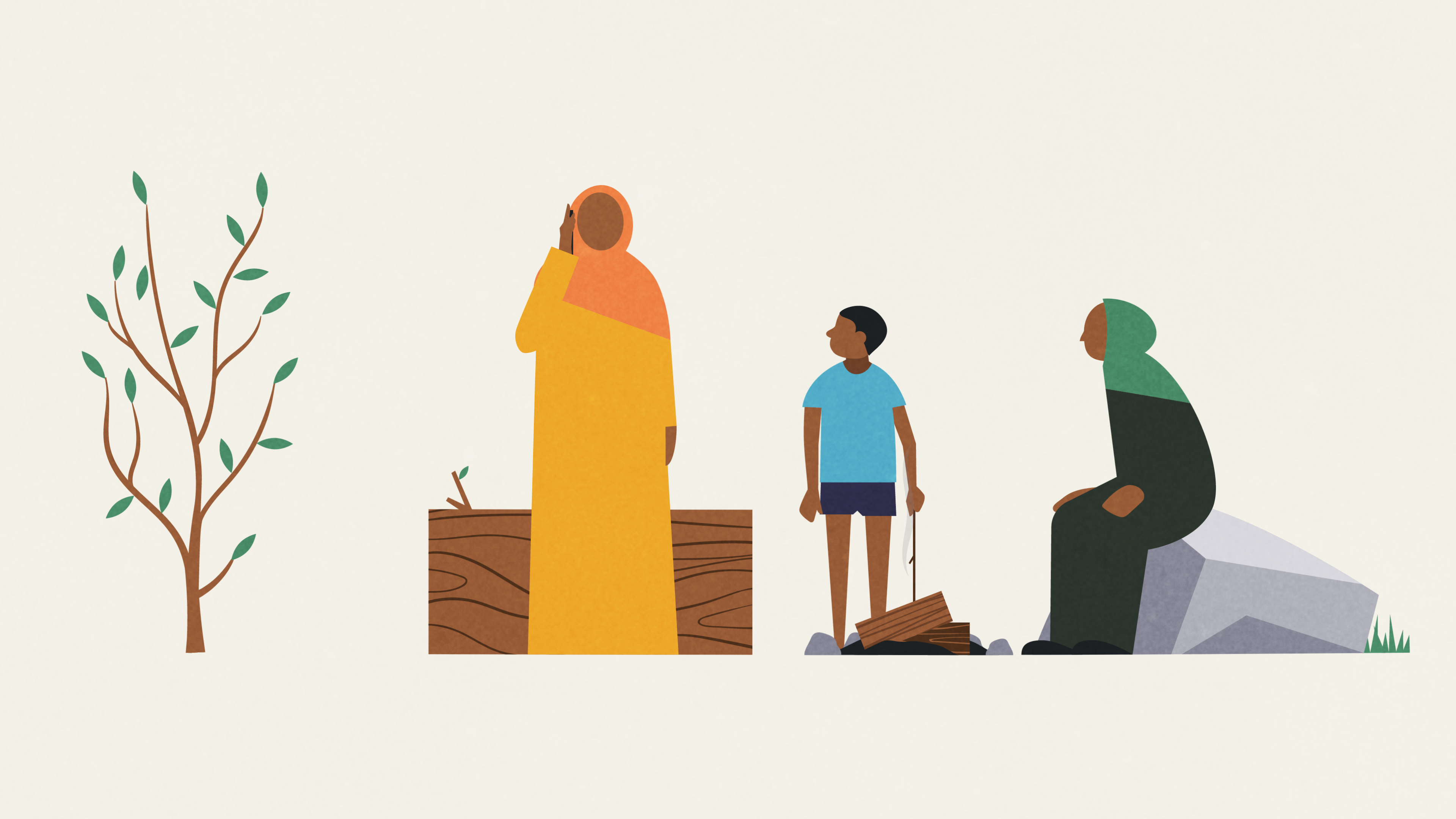As the pandemic continues: adapting approaches to social accountability
It’s become clear that how accountability in development works will have to change for the foreseeable future, but how? As money and assistance continues to be poured into the response, ensuring that funds are spent and services are up to standard - as promised - will remain essential. This is a selection of examples of organisations and communities that are working to collect and demand responses to feedback in a meaningful way.
A few months back we asked whether social distancing has to mean that communities demanding accountability are silenced. Because giving and receiving feedback, and convincing people to act, can be easier in person. But the answer was a clear no, and we shared a few examples from around the globe of communities that are continuing to hold duty bearers accountable. More recently, it’s become clear that how accountability in development works will have to change for the foreseeable future so the question stands - how?
As unclear as it is how long the pandemic will continue, adaptation remains vital. For instance, we have worked collaboratively with two partner organisations in Kenya to adapt our citizen-led monitoring programme while remaining mindful of power dynamics. The initiative continued in a safe way and our monitors keep working with duty bearers to get the issues they find resolved - for instance, ensuring that a stalled water infrastructure project is completed - while wearing PPE and following health guidelines. Vulnerable communities are at significant risk from COVID-19 and as money and assistance continues to be poured into the response, ensuring that funds are spent and services are up to standard - as promised - will remain essential. In recent months we’ve come across multiple more examples of how organisations and communities are working to collect and demand responses to feedback in a meaningful way - we wanted to share those here.

1. Making citizens’ voices on lockdown and public services heard. In Uganda, SEMA is collecting citizens’ voices on how lockdown has affected experience with public services via anonymous online google forms. This data is compiled into public reports to help direct public services to improve.
2. Engaging existing complaints channels to get social programmes working as they should. In the Philippines, G-Watch is continuing its monitoring with a “deep dive” which involves monitoring social programmes and national investments and ensuring that feedback channels are used and are working.
3. COVID-19 feedback loops in Ghana, India, Uganda and more. PFT is using multiple methods to collect information on different aspects of the COVID-19 response including by phone, on social media and through radio shows in parallel with monitoring government implementation of COVID-19 response plans and also engaging with authorities to demand results. The loop is closed when outcomes are publicised including by radio.
4. Supporting the urban poor to navigate red tape and get promised COVID benefits in Indonesia. IBP is working with communities to monitor the delivery of the government’s COVID-19 social protection programme for individuals adversely affected by the virus and the related restrictions on movement. The initiative displays survey results on a “needs map” which is sent to policymakers at the provincial and national levels to reform the social-assistance programs. Alternative methods like paper forms are available for families who do not have access to the internet.
5. Rapid survey on needs and awareness in Sierra Leone informs programming. A rapid response survey carried out by MIT GOV/LAB with the Institute for Governance Reform together with other government departments in April fed into mapping knowledge and awareness about COVID-19. This included data on citizens’ needs arising as a result of the pandemic and related restrictions, such as food insecurity, and has informed the response and policy decisions on mitigating the spread of the virus.
6. Loop is a digital platform which enables the needs and experiences of people receiving assistance to shape the type and quality of services which are funded and delivered. Their pilot is currently being carried out in Zambia and the Philippines where they are working with organisations responsible for feeding back to the authorities from local populations with regards to COVID.
As we continue to struggle through this pandemic, ensuring that those most vulnerable are not forgotten will remain key. And as social distancing will remain necessary to a greater or lesser extent across many countries, digital tools will continue to be of increasing importance. We recently explored how, when using tech, we can during this pandemic ensure that those already at risk of exclusion are not further marginalised and excluded from this digital revolution - read more on that here.
How has your organisation’s programming and social accountability work adapted to ensure that communities in need can continue to receive the services and assistance they have the right to? We’d love to hear your stories, email us isabelle.kermeen@integrityaction.org or tweet us @Act4Integrity!


